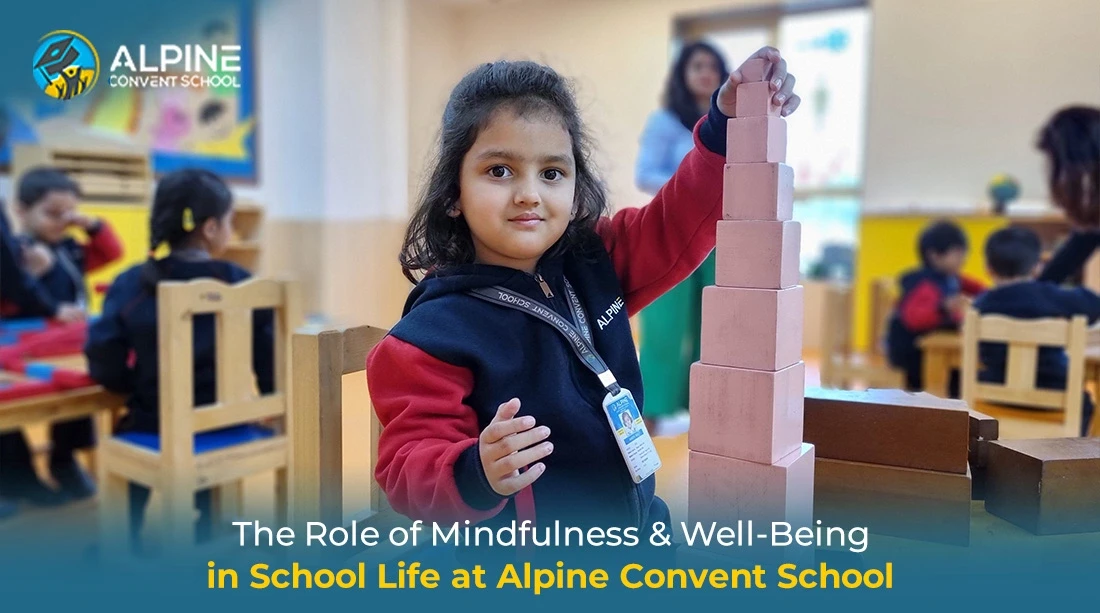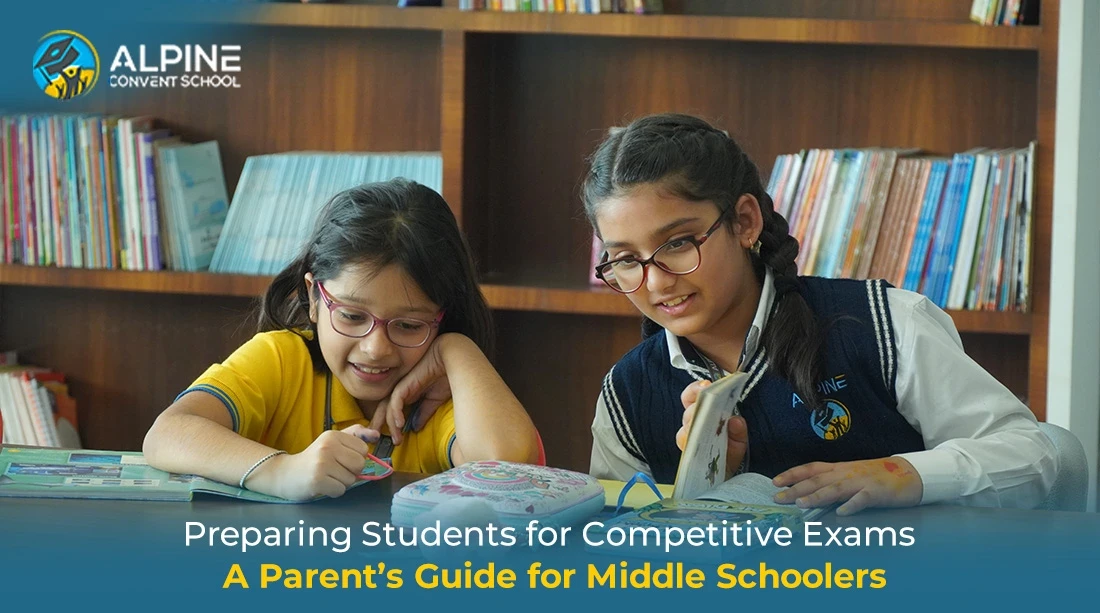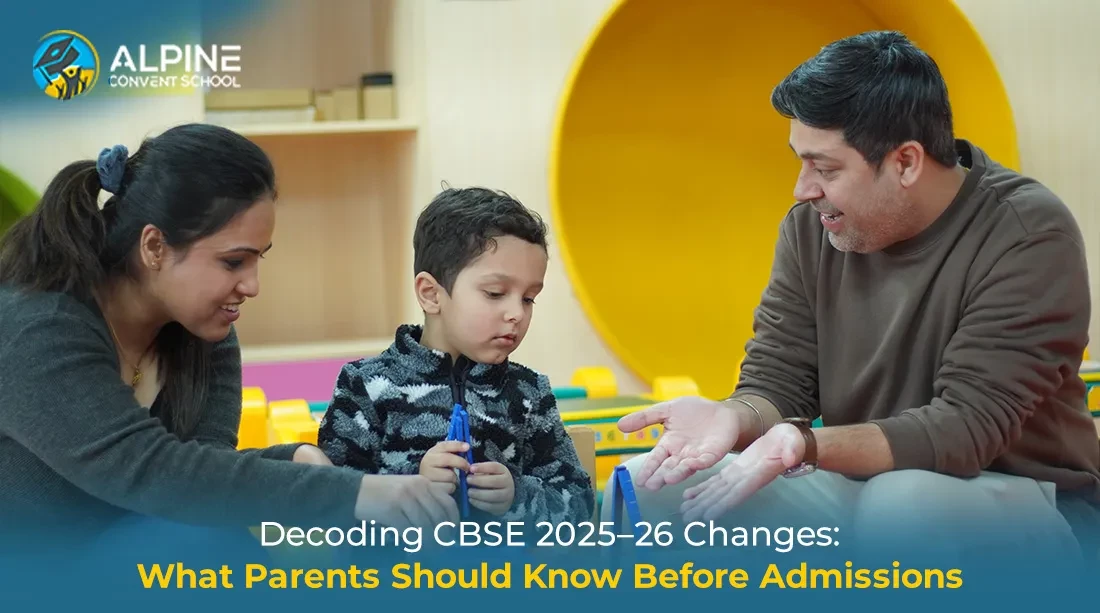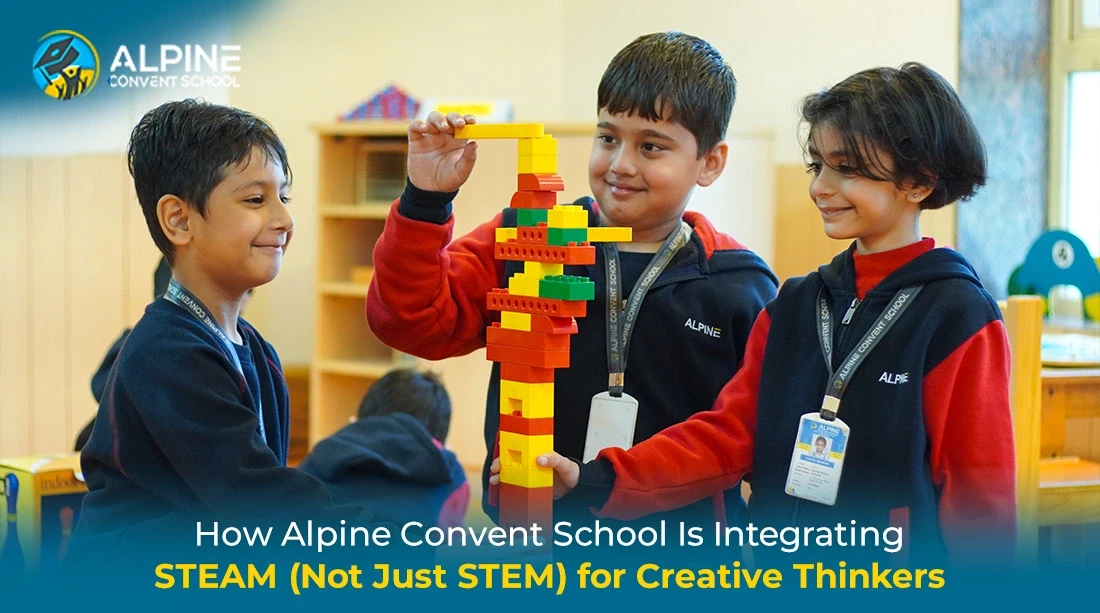
17 January, 2024
The top schools in Gurgaon have stopped following a fixed curriculum and learning in classrooms has changed its meaning. They no longer teach what is just written in textbooks and do not grade based on standardized exams only. Today, modern schools are more focused on building proficiency among students about learning in classrooms . The expectation is to make the children proficient in the knowledge they acquire, skills they develop and the class they pass. Simply speaking, proficiency-based learning enables students to reach a certain benchmark of expertise before they can progress to the next step and the best schools implement this learning methodology by employing the following strategies.
Some students in the classroom will love to read. Others will be more comfortable with watching videos. Some will be smart workers who will learn quickly with minimum work while others will need extra attention to go to the same depths. Although the expected benchmark will remain constant, the journey to reach it cannot be the same for all students. The top schools in Gurgaon encourage proficiency-based learning, they have personalised the process so that students do not lose motivation in the bid to gain expertise.
The top institute in the list of CBSE schools in Gurgaon does not just hand over knowledge. Instead, the teachers nudge students to discover and uncover knowledge through exploration, research modernised learning in classrooms. The first step to gaining proficiency is curiosity. Feed it with the right materials and students are bound to attain expertise in any topic they want to explore. This can be achieved by implementing project-based learning, encouraging inquiries, setting meaningful assignments and allowing more educational excursions.
Studying alone, a student can achieve a certain level of proficiency but when working together with peers, his/her boundaries will be stretched. Collaborative sessions complement one’s knowledge acquiring process. Through healthy competition, idea exchange and teamwork, students can build proficiency faster and better. Classrooms that focus on proficiency-based learning through collaborative sessions are frequently noisy, engaging every student in different ways and no one is left back in the journey.
Proficiency needs to be evaluated daily. The pedagogy will have to change according to the results. However, standardised exams alone cannot paint the perfect picture of a student’s knowledge. This is where informal assessment becomes important and directly helps in encouraging proficiency-based learning in the top schools in Gurgaon. Informal assessments can take many forms. Starting from having a discussion on how a student is struggling to noticing the type of questions he/she is asking in class. Taking notes of these can shape the academic path the student is placed on next.
This is possible today with the help of technology. Take the example of the best play schools in Gurgaon. The institution introduces smartboards early into education and teaches partially through games and videos. As students progress, different knowledge sources are thrown into the mix like online libraries, research papers, electronic magazines and discussion forums. Educational resources are varied today. Knowledge is easily available. The top schools provide the required infrastructure to students that diversify the sources.
Along with assessment, feedback is the simultaneous important element of building proficiency. However, the scope of feedback cannot stop merely at getting the same from teachers. Students must also learn to provide feedback to themselves, each other and even the school if required. Effective feedback completes the loop of learning. When students receive feedback constructively and provide the same productively, the outcome generates proficiency in almost any subject that the student decides to learn.
Be it at the start of each class or in the examinations, teachers need to ask essential questions to build proficiency. A list of essential questions will include questions that not only test memory but are also thought-provoking, invoke critical thinking and infuse meaning into learning. Proficiency is not built by asking textbook questions. Students need to be challenged, face increasing difficulty as they progress and learn analysis instead of instant answering to build the right levels of proficiency.
Proficiency-based learning is one of Alpine’s essential teaching methods. It is rooted in the pedagogy and gets priority over syllabus-oriented education. The management of the top school in Gurgaon, Alpine Convent School had included the technique into the school’s pedagogy since the very beginning and have currently become more vigilant in encouraging the same in every classroom. The school believes that education will always remain incomplete if students fail to show all-around proficiency, both in academics and skills. And thus, when Alpine students learn a topic, they learn to build expertise, not just gain simple information or collect marks because of the eminent learning in classroom.





Get first-hand information on the top school in Gurgaon - Alpine Convent